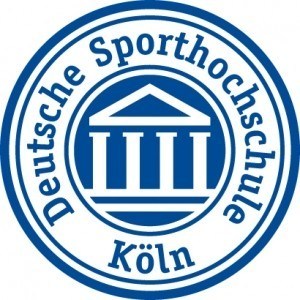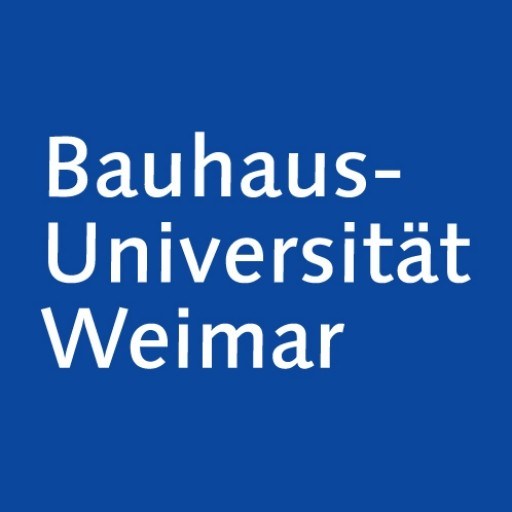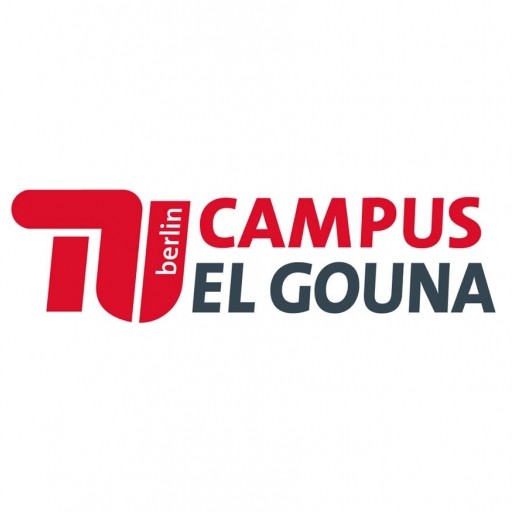Photos of university
Visual Anthropology, Media and Documentary Practices at the University of Münster offers a comprehensive interdisciplinary program that explores the cultural, social, and political dimensions of visual media. This program provides students with an in-depth understanding of the methods and theories involved in the production and analysis of visual materials, including photography, film, and digital media. Students will engage with ethnographic approaches to document and interpret cultural phenomena, gaining practical skills in creating visual narratives that reflect diverse perspectives and social realities. The curriculum combines theoretical courses in anthropology, media studies, and visual culture with hands-on training in documentary filmmaking, media critique, and ethnographic research methods. Throughout the program, students are encouraged to develop a critical awareness of how visual media influence perception, identity, and power dynamics within societies. The program emphasizes the importance of ethical considerations in visual documentation and promotes reflective practice in media production. Collaborations with local communities, museums, and media organizations are integral to the learning experience, offering opportunities for real-world projects and fieldwork. Graduates of the program are equipped to pursue careers in academia, media production, cultural institutions, NGOs, and other fields where visual communication and anthropological insight are essential. The interdisciplinary approach ensures that students acquire both theoretical knowledge and practical competencies, fostering innovative research and creative expression. The program also encourages international exchange and diversity, preparing students for a globalized media landscape. By the end of the program, students will have developed a thorough understanding of how visual media can be used as a tool for anthropological research, cultural critique, and social change. If you are passionate about exploring the intersection of culture, media, and visual storytelling, this program offers a unique opportunity to enhance your academic and professional horizons through rigorous training, critical reflection, and creative engagement.
Educational organisation
The Master's programme was designed with working professionals in mind. Distance learning allows students to participate regardless of location. A large part of the programme requires self-study as well as the student's own preparation and review of course material. The programme consists of six semesters, including the Master's thesis and final media project. The first seven modules require students to be present in in Münster. These modules are offered as block courses. Overall, the programme is comprised of 46 days requiring attendance.The Master's programme is structured as follows:
First semester
Module 1: Audio-Visual and Media Anthropology
Module 2: Anthropological Short Film Production
Second semester
Module 3: Representation and Narrative Strategies
Module 4: Media Practice Research
Third semester
Module 5: Mediation of Human Experience
Module 6: Media Production and Project Development
Fourth semester
Module 7: Project Supervision and Research Colloquium
Fifth semester
Module 8: Practical Work and Experience
Sixth semester
Module 9: Fieldwork, Media Project, Final Thesis
Study abroad unit(s)
An internship needs to be carried out in the fifth semester. Students may decide to complete the internship abroad.Internships
An internship of ten weeks is carried out in either a professional area of the cultural media industries or in an area specifically related to a student's final project. Students working full-time can decide whether they wish to do an internship at this stage or conduct a supervised project within their current organisations.Forms of assessment
Written and practical examinations will be undertaken in every module.Module 1: Essay
Module 2: Essay & short film
Module 3: Essay
Module 4: Essay & media ethnography
Module 5: Essay
Module 6: Essay & film/media project
Module 7: Research proposal
Module 8: Practical work experience report
Module 9: Master's thesis & practical media project
For the coursework modules (1-7), credits are based on attendance, active participation, and the passing of a final exam (essays/practical assignments). An essay should always consist of approx. 5,000 words. The research proposal should be six to eight pages and the work experience report should be 12 pages. Students have four weeks to complete the report.
In the final module, each student writes a Master's thesis (circa 15,000 to 20,000 words) and creates a practical media project in the form of a documentary film (30-40 minutes), a photography exhibition, or an installation. Both need to be completed within six months.
Course objectives
Students who successfully complete the programme are awarded a Master of Arts degree from the University of Münster (Westfälische Wilhelms-Universität Münster).Students can acquire new prospects for the future as part of the Master's programme. The practical and analytical media skills and competences gained in the programme can be used in many and varied ways in both academic and non-academic contexts. They distinguish themselves (in comparison to those acquired in traditional media schools) through the methodical questioning and understanding of comparative cultural and social anthropology. Social anthropological media skills and competences can be used in many ways outside of an academic context. These skills can be useful in social projects (e.g. intercultural communication), NGOs, and international organisations. They can also be used in the culture media industry, artistic projects, and artistic research. The practical work experience and the public exhibition at the end of the programme provide students with the opportunity to network and present themselves and their work. The resulting network of students and lecturers and the international orientation of the programme provide an opportunity for students to gain professional prospects not only in German-speaking countries, but also in a global context.
Language requirements
English level B2 pursuant to the Common European Framework of Reference for Languages (CEFR)Academic requirements
Applicants for the Master's programme "Visual Anthropology, Media and Documentary Practices" must:- Possess relevant undergraduate or first degree (at least 180 ECTS credit points, e.g., Bachelor, Diploma, Master)
- Have at least one year of work experience in media production and/or the social sciences or cultural studies
- Prove language skills equivalent to English level B2, pursuant to the Common European Framework of Reference for Languages (CEFR)
- Pass an interview of approx. 30 minutes










